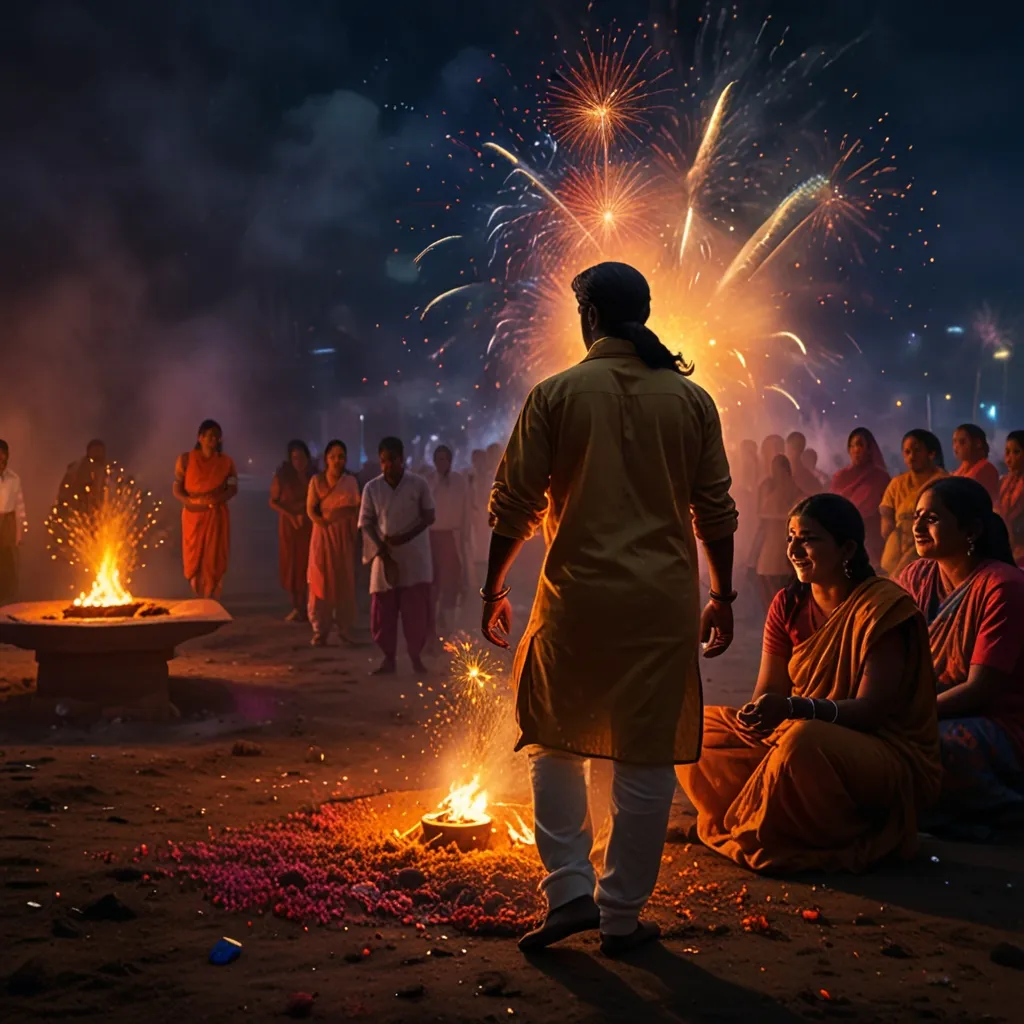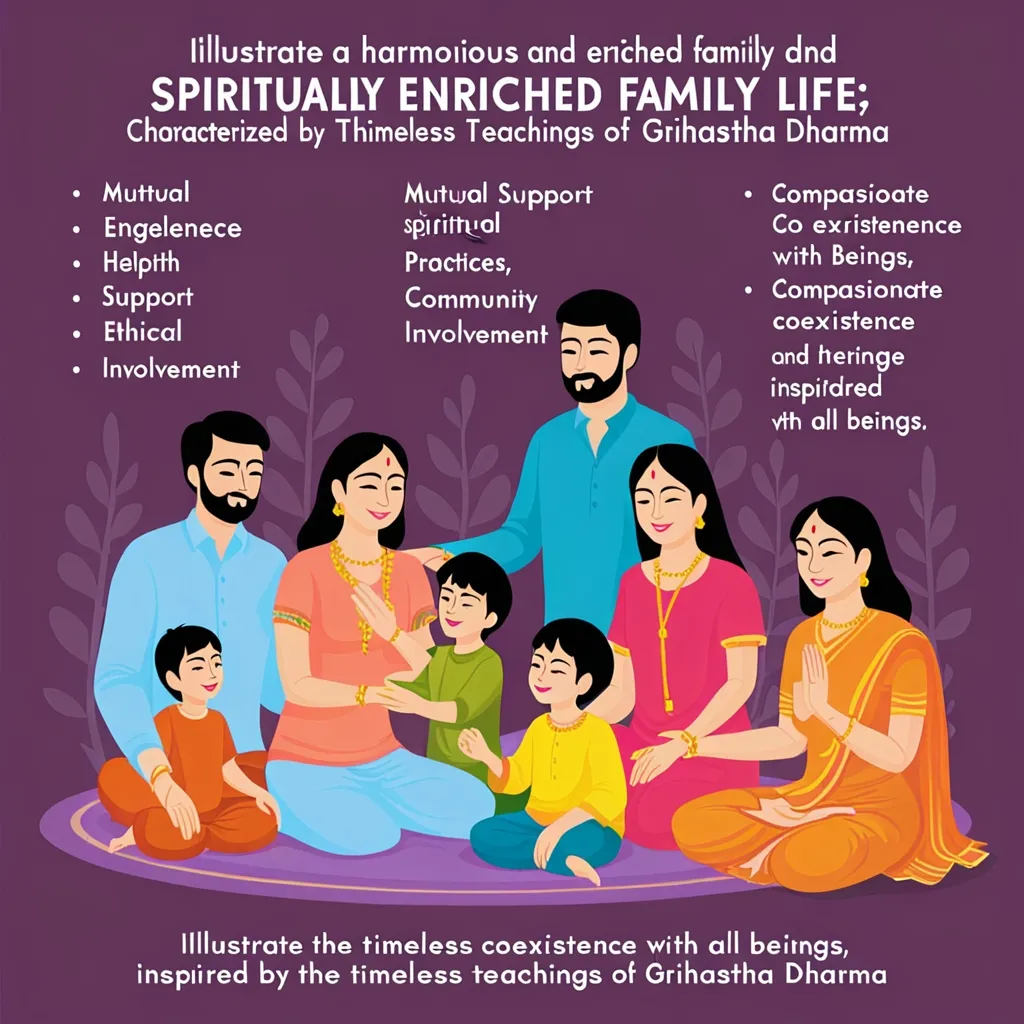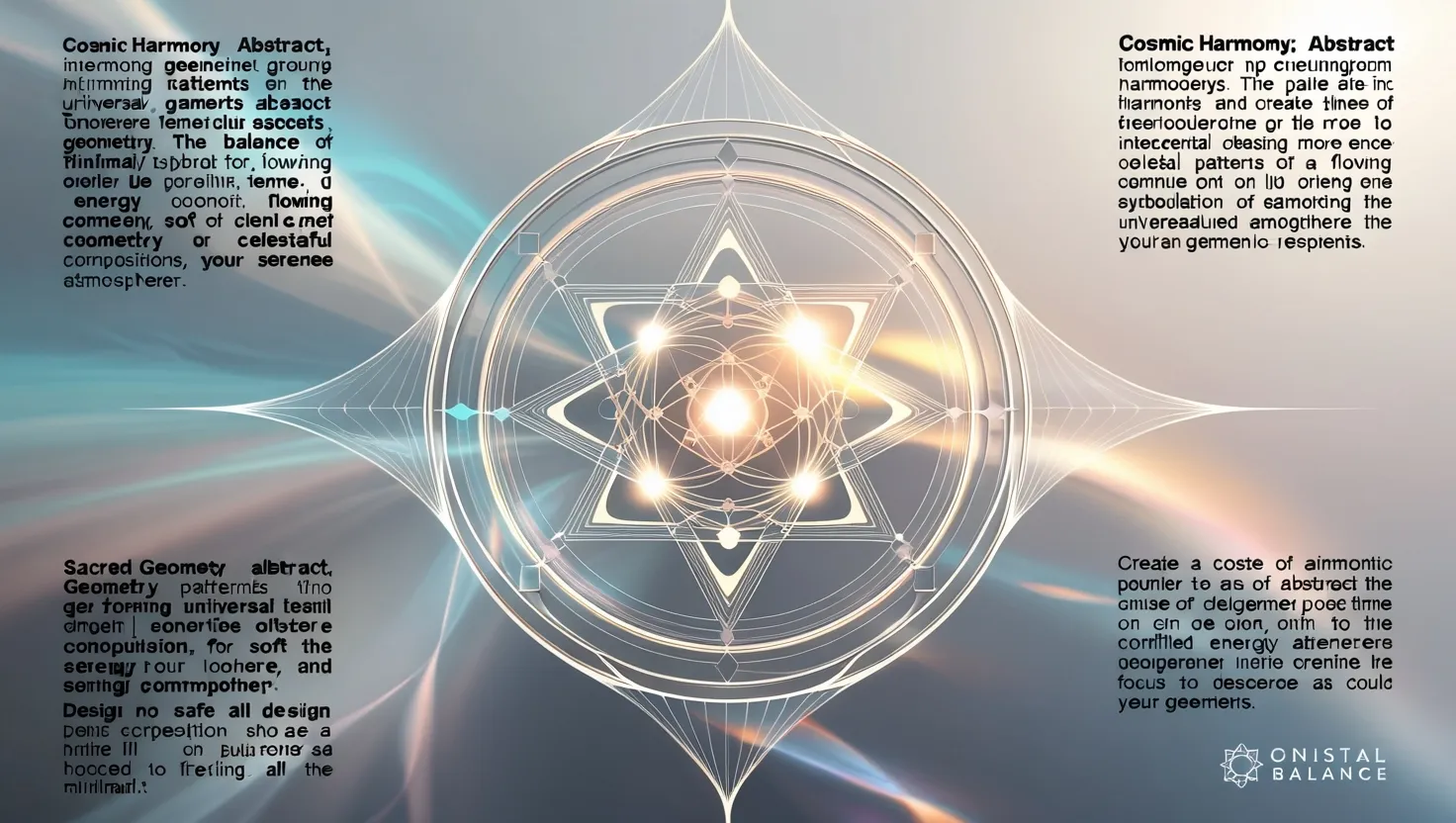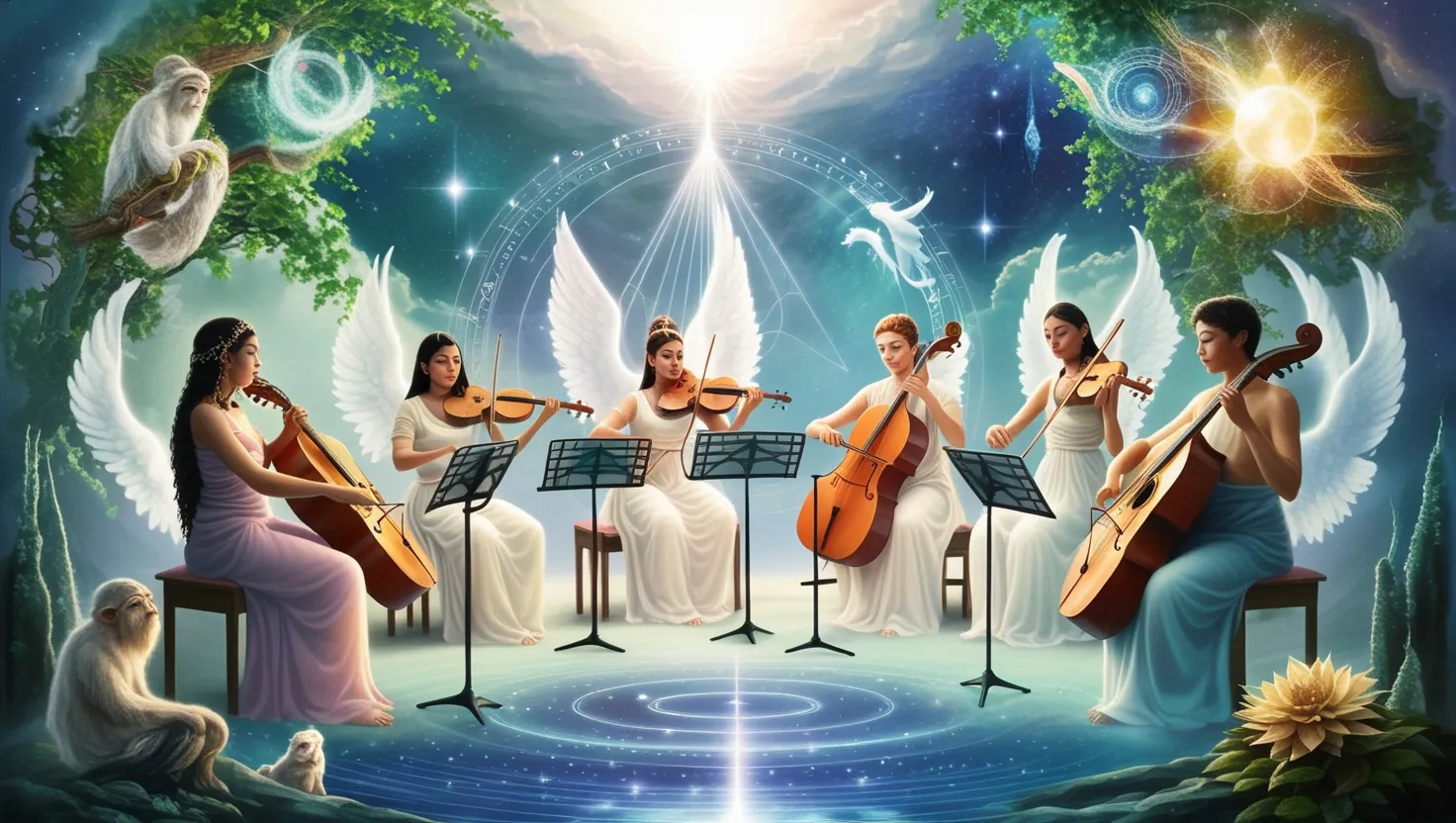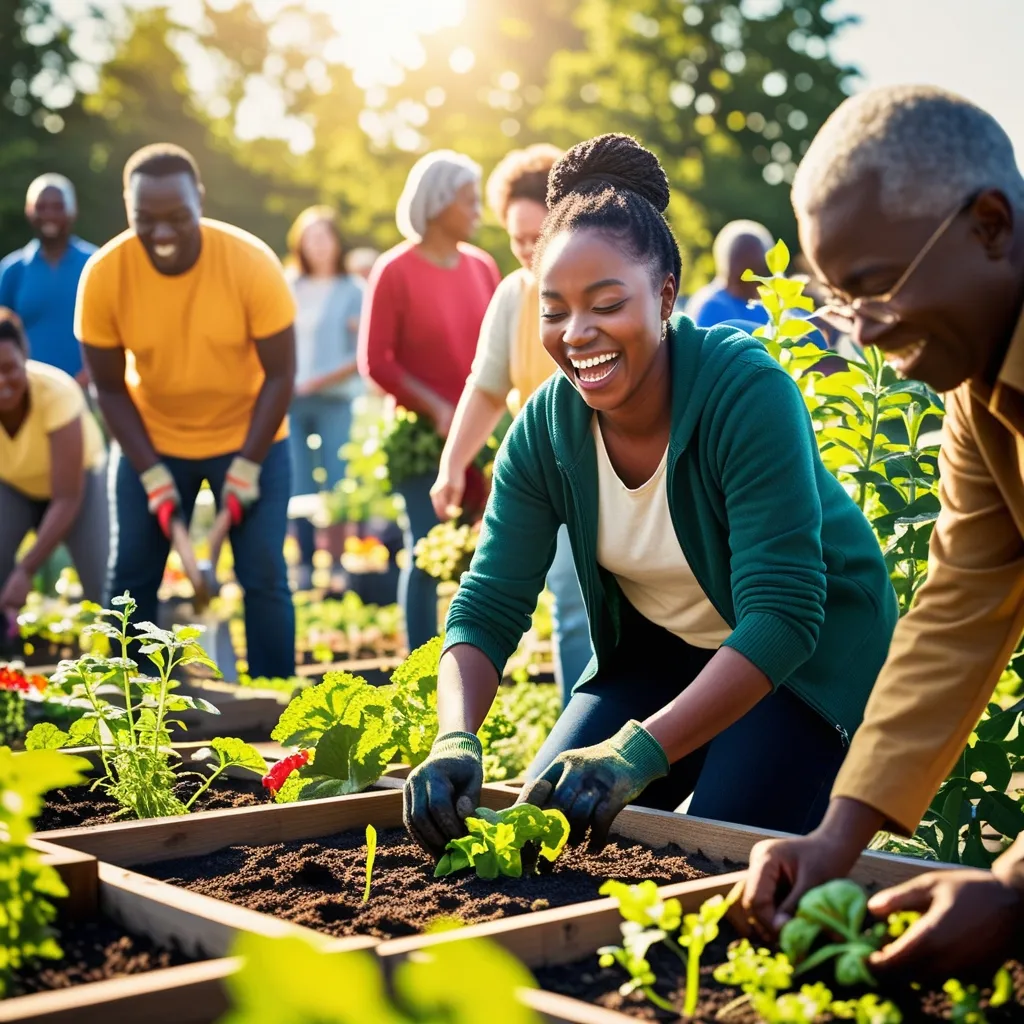Festivals are a big deal in Hinduism, blending religious rituals with a hefty dose of emotional uplift. These celebrations aren’t just about worship; they’re about connecting—with the divine, with the community, and with oneself. Let’s explore why these festivals matter so much and how they perk up emotional health.
Hinduism is old—like super old. It has no single founder and is a mix of all sorts of beliefs and traditions. With over a billion followers, mainly in India, but also in countries like Nepal, Sri Lanka, and Malaysia, it’s the third most popular religion on the planet.
Diwali is easily the rock star of Hindu festivals. Known as the festival of lights, it celebrates the triumph of good over evil. Think lots of lights, fireworks, and sweets. Families gather to honor Lakshmi, the Goddess of Wealth, and it’s just this explosion of joy that brings everyone closer and lifts spirits.
Then, there’s Makar Sankranti, a harvest festival in January. Different regions celebrate it in unique styles. In Maharashtra and Gujarat, people fly kites, while in Punjab, it’s bonfires and sweets. Down south, in Tamil Nadu, it’s Pongal, with rice boiled in milk offered to the gods. These activities bring folks together, creating bonds and gratitude for the goodies reap from the harvest.
Maha Shivaratri is a whole night dedicated to Shiva, the cosmic destroyer. It involves fasting, prayers, and pouring stuff like water, honey, and milk over Shiva’s statue. Especially for young women hoping for good husbands, it’s a spiritually charged night aimed at seeking blessings and finding inner tranquility.
Holi is like a color bomb of happiness. Happening around February or March, it’s when people throw colored powders and dyes at each other, saying goodbye to social barriers. It’s the ultimate celebration of unity and joy, linked to legends like the defeat of the demon Holika.
Come October, it’s time for Navaratri—a nine-night festival honoring the goddess Durga. Filled with music, dance, and worship, it ends with Dussehra, celebrating the victory of good over evil. It’s not just about fun and dance; it’s also a nod to feminine power and spiritual growth.
Beyond the religious significance, festivals have a big psychological impact. They break the routine, offering a refreshing change of pace. The communal vibe helps build social connections, vital for emotional well-being. Rituals and traditions, inherent in these festivals, help manage stress and provide a sense of purpose.
In today’s hyper-busy world, festivals are like a breath of fresh air. They pull us out of our daily grind, inviting joy and well-being. Celebrating together strengthens family and community ties, crucial for emotional health. These festivals also serve as moments for self-reflection and spiritual growth, bringing inner peace and balance.
Historically, Hindu culture treated every day as a festival, making life an endless celebration. While daily festivities might not fly today, the essence is alive. Festivals teach us to view life with enthusiasm and engagement, helping maintain a positive outlook and emotional resilience.
In short, Hindu festivals are more than religious rituals; they’re keys to emotional wellness. They foster social interaction, spiritual growth, and pure joy. Through these celebrations, Hindus keep their traditions alive while nurturing their minds and hearts.
